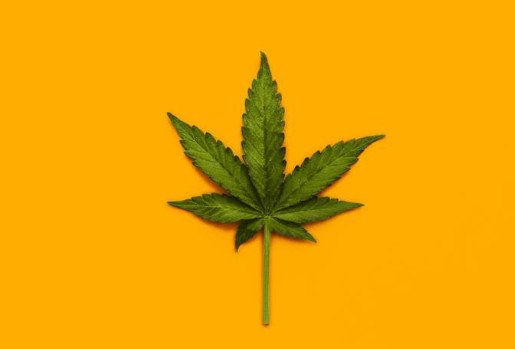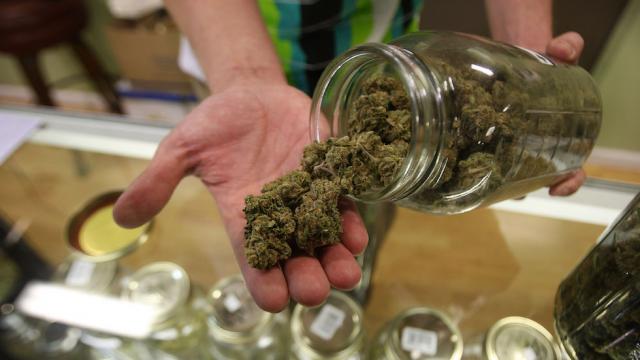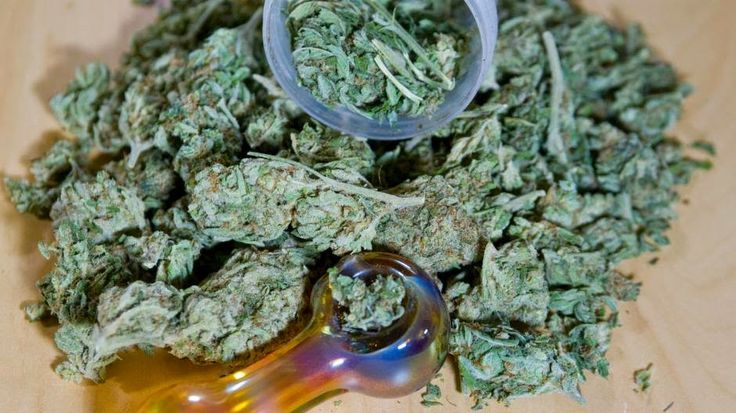Weed has been undergoing a rebrand – with countries around the world decriminalising and legalising the drug. From today, it’s going to have a legitimate present in the UK. More than 80,000 specialist doctors will be able to prescribe medical cannabis to patients who can demonstrate “an unmet clinical need”.
The drug can be used for a range of medical treatments but the changes are quite limited. The alteration in government policy may be the UK’s first small step towards legalising cannabis – although don’t expect this to happen any time soon.
“This is one of those decisions where society has moved ahead of the politics,” says Steve Moore, a senior policy advisor at VolteFace, a drug policy think tank. A survey released at the beginning of this week from Populus Polls and VolteFace found that 59 per cent of the British public supports the legalisation of cannabis, even beyond medical use. Drug policy campaigners, as well as a growing consensus from the medical community, had long been pushing for the legalisation of medical cannabis, but the government remained steadfastly opposed – until very recently.
A watershed moment came with the case of Billy Caldwell, a 12-year-old epilepsy patient, whose life-saving cannabinoid products were confiscated in June 2018. Cannabis oil was effective at controlling Caldwell’s seizures in a way traditional medical products weren’t. A furore ensued, and the legalisation of medical cannabis went from being a niche issue to one the government simply couldn’t ignore anymore.
In late July, the Home Secretary, Sajid Javid, announced changes to the scheduling of cannabis under the Misuse of Drugs Act of 2001. Cannabis was previously in schedule one, which labelled it as having “no medical value”. It has now been moved to schedule two, which will make research on cannabis itself easier. On October 11, Javid announced that doctors across the UK would be able to prescribe medical cannabis. He cited the concerns of parents such as Charlotte Caldwell as one of his rationales for the policy change.
Any slight change to how cannabis is used, regulated or perceived is a boon for drug liberalisation advocates. The war on drugs is an enduring feature of British policy. Now, many hope that Javid’s move could kick-start a wider shift in drug policy. In practice, however, the changes are narrow, and the government has made it clear that this is a medical matter, not a political one. Campaign groups, as well as organisation like the National Institute for Health and Care Excellence (NICE), will assess how the policy actually unfolds, with the aim of providing a review of the policy in 2019.
“Given the backdrop of a very preoccupied and socially conservative government, the legislation is a victory in and of itself,” says Henry Fisher, a policy advisor at Hanway Associates, a drug policy consultancy and think tank. “But that’s reflected in why they’ve made it very restrictive. They are very wary of allowing too broad an access to patients, and then that leading to broader reforms.”
“This change in the law is a landmark moment,” says Genevieve Edwards, the director of External Affairs at the Multiple Sclerosis Society. “But work needs to be done to ensure people with MS are actually able to access medicinal cannabis on the NHS.”
Doctors who can prescribe cannabis as a medical treatment are listed on the General Medical Council’s specialist register. There are around 80,000 people on this list. At the moment, NHS doctors have very little guidance about how to prescribe cannabis. The Independent has reported that many have indicated they will not, because there is no larger infrastructure to support them if something does go wrong.
To be prescribed, a product will have to meet three conditions: it must be cannabis- or cannabinoid-derived, it must be for medical purposes, and it must be fit for humans. These guidelines were set out by the UK Medicines and Health Products Regulatory Agency, as well as the Department of Health. Aileen Bryson, policy and practice officer at the Royal Pharmaceutical Society, says that the new rules will only provide relief to a small cohort of people with specific conditions. “We don’t have so many of the clinical trials in the UK because of the scheduling,” she says. “But there’s evidence that it will help people with nausea and vomiting, people with epilepsy, people with chronic pain, multiple sclerosis, among a few others”.
Research indicates that more than 30,000 people in the UK had been breaking the law to acquire cannabis for medical purposes. Integrating cannabis into the public healthcare system will present many challenges. “Medical cannabis disrupts the traditional norms of demand and supply,” says Moore. “For many people, even though they got it on the black market, it was their preferred form of care, they like the control and the flexibility which it gives them. The culture around it is totally different than walking into a hospital.” Given that the legal framework for prescription and product licensing is yet to be determined, there will likely be significant obstacles to patients actually accessing cannabis.
“There are many people around the UK who probably can’t wait to go to their specialist on Thursday and have that chat, and get the prescription they need,” says Fisher. “But there’s a lot of steps that need to be ironed out too.” So far, the government’s guidance states that “[specialists] must make decisions…on a case-by-case basis, and only when the patient has an unmet special clinical need that cannot be met by licensed products.”
Every cannabis-based medical products will have to go through a vetting process ensuring it is grown to certain standards and has a proven effectiveness. There are currently four medicinal cannabis products approved for use by the European Medical Agency, but their approval was a long and costly process; there is no evidence it will be any quicker for medicinal cannabis in the UK, although Javid has said he will waive licensing fees for clinicians.
To make matters more complicated, as the majority of evidence for medical cannabis’s usefulness has come from illicit use, it will be hard for a regulator to say that a certain strain is fit for medicinal consumption, but another isn’t.
Some of the gaps between legislation and practice in the UK demonstrate just how quickly the consensus on medical cannabis has moved in the last few years. In October, Canada became only the second country to legalise weed fully. The US, Chilie, parts of Australia and parts of India allow some use of medical marijuana.
Specialist doctors, the only people who will be able to legally provide cannabis, will never have had training on how to prescribe it. “There’s a big information gap,” says Fisher. ”Right now, GPs won’t prescribe medical cannabis, but almost every GP, every day, will prescribe some kind of opiate based medication and not think twice.” In Canada, where medical cannabis has been legal since 2001, the Canadian Medical Association has stated that some doctors remain uncomfortable about prescribing medical cannabis because they believe there is not enough research or standardisation of products across the industry for them to feel secure.
There’s also the very real danger that cannabis companies will be overenthusiastic in their efforts to educate specialists, putting clinicians on the defensive. After what happened with opioids in the US, a medical cannabis industry coming across as too pushy or manipulative could wind up making practitioners suspicious of cannabis altogether.
Researcher Mike Barnes, who advises the government on drug policy, says that he is hoping to set up an academy to help clinicians make informed decisions about medical cannabis. ”This is nothing short of revolutionary, but you have to give people the right tools, and there’s a lot of learning to be done.”
The changes to cannabis legislation are significant, particularly for a Conservative government. But relaxation around cannabis will occur incrementally: the extreme scenarios, where you can get a joint over the counter from the NHS, are destined to remain a pipe dream.
Credit: www.wired.co.uk









